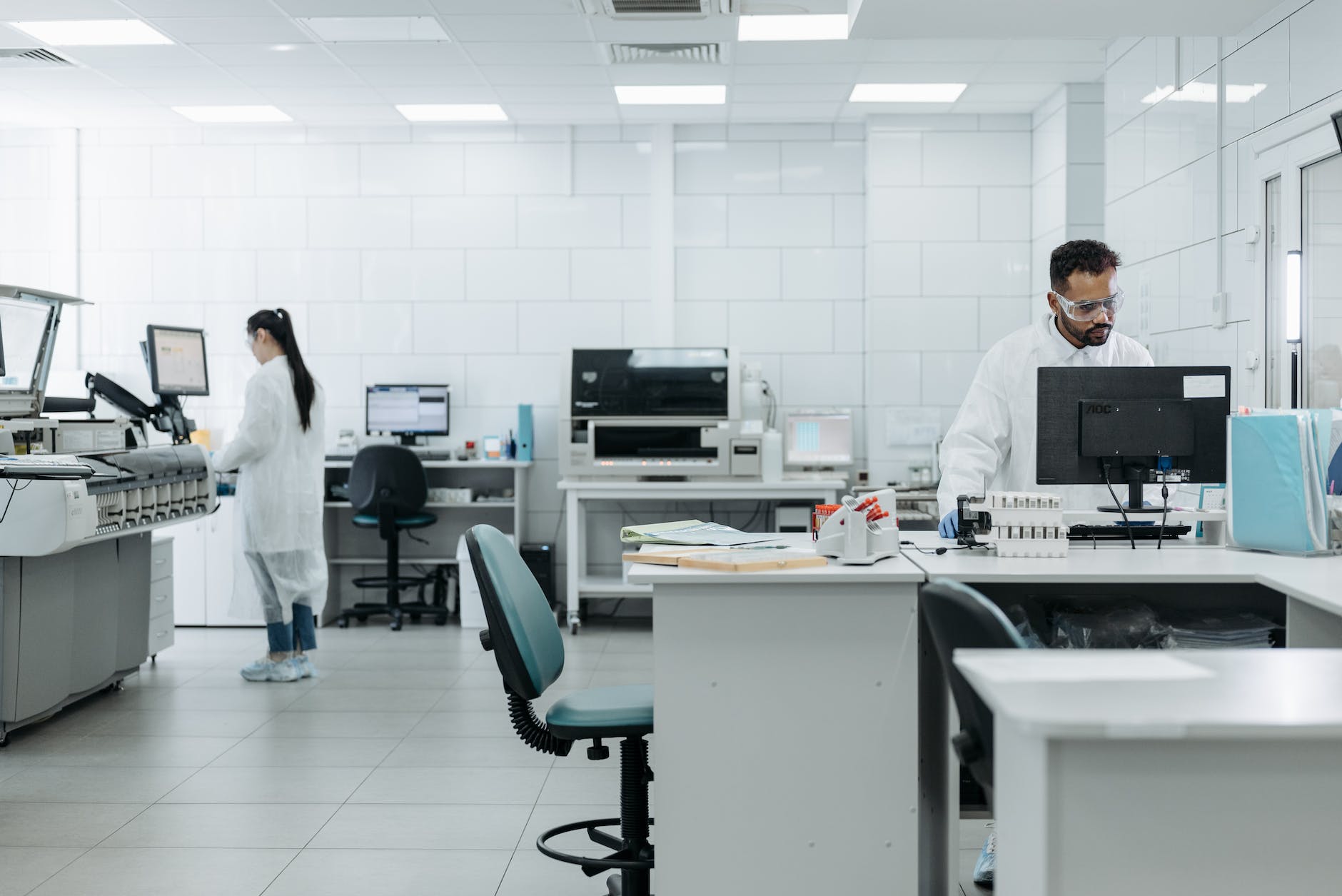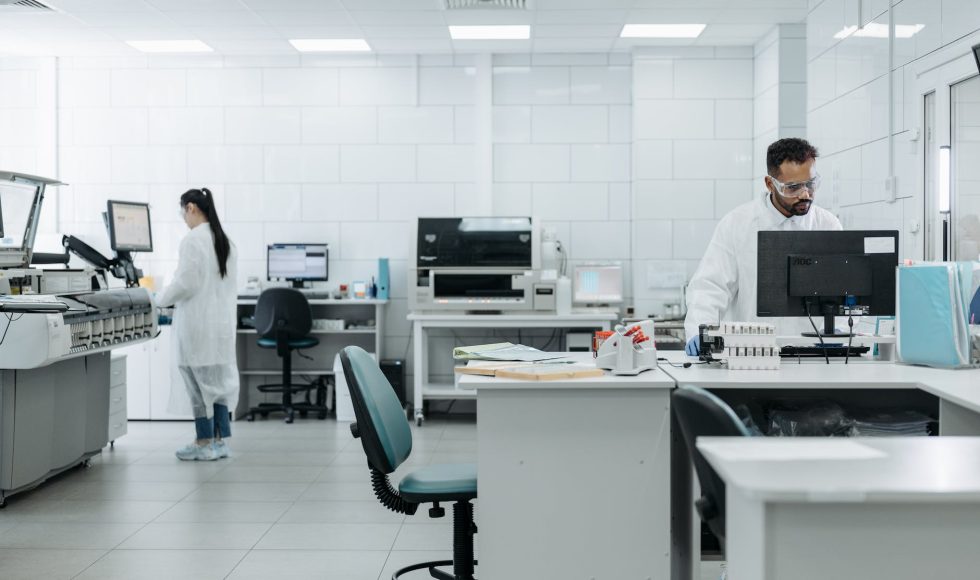Tonight I watched the London Calling 2022 session by Richard Carter with the title “Scaling up nanopore sequencing.” Carter is the Senior Director of Information Systems at Oxford Nanopore Technologies. They spoke about storage and transfer of data from the PromethION. Carter’s example was a 60X human genome results in 1 TB of Fast5 files, ~100 GB of Fastq files, and GBs of variant files. The storage costs on AWS were $150 per month per TB on EBS. Carter compared storage costs on Glacier and scaling up… finally suggesting going back to the freezer stock and resequencing in some cases. Carter said it is important to set a baseline: “decide when your processes are good enough” and standardizing your approach. For this, I appreciate that they had a Hamilton liquid handler on the slide and emphasized automation. Robots are not perfect but are consistent, noted Carter. Standardizing may be necessary for accreditation (ISO, for example). Carter then shared that if you use robots, you need integration with information systems (LIMS, AIMS) and sample tracking, logging, auditing, automated data handling, and feedback. The feedback loop Carter described included considering DNA and sample preparation and maintenance of robots based on assessment of quality and output of runs. I appreciate how Carter emphasized setting a baseline and deciding when “processes are good enough.” I think I have struggled with that and tested too many variations and Nanopore kits. I hope we can take advantage of automation (liquid handling and VolTRAX and Miro) to have a streamlined workflow.



